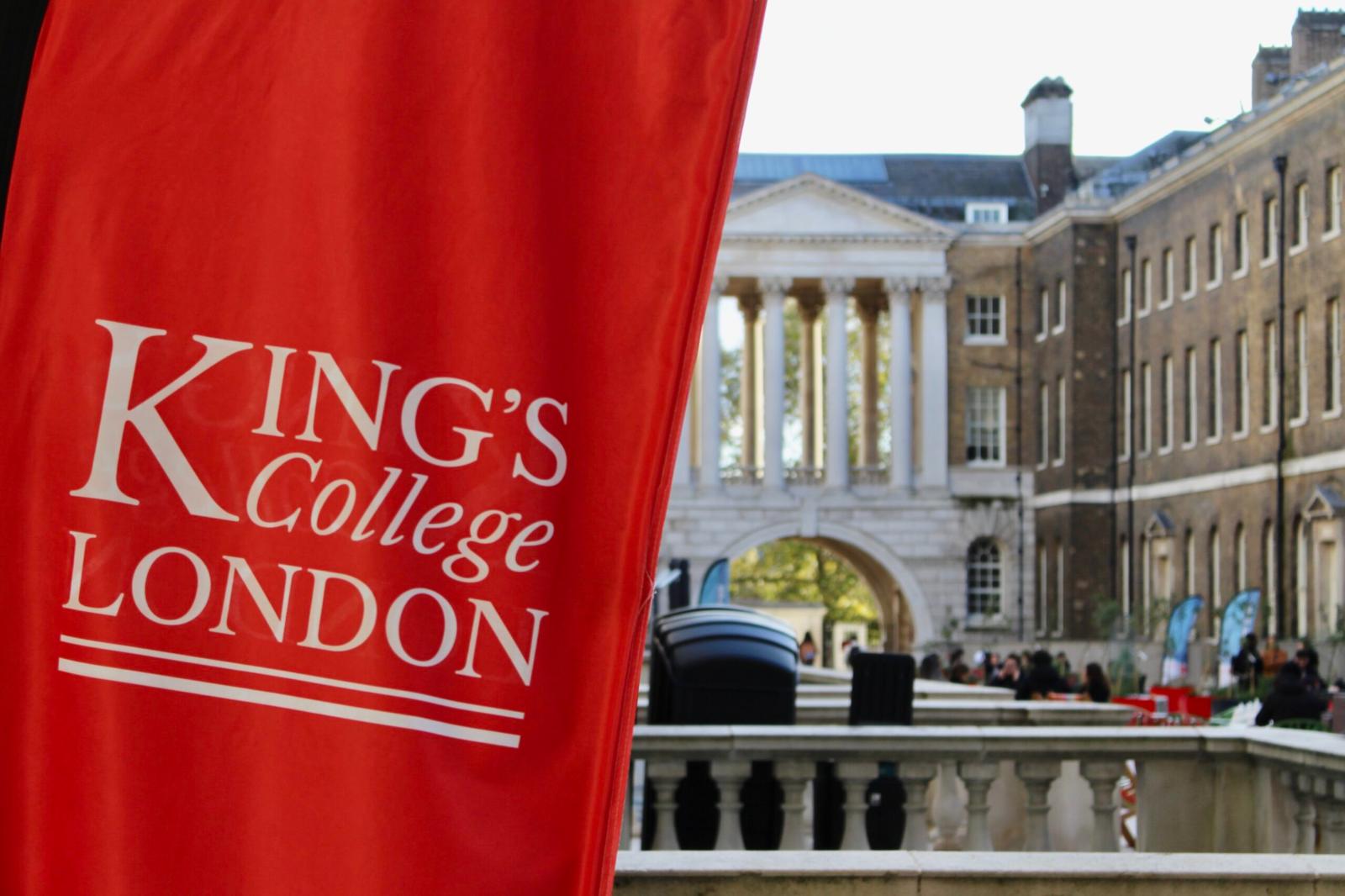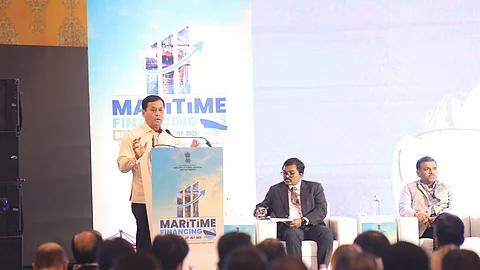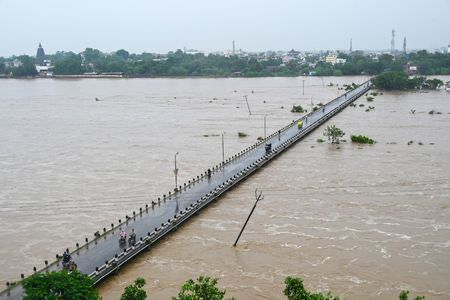 Image Source: WeMakeScholars
Image Source: WeMakeScholars
A new book by King's College London Professor Louise Tillin, Making India Work: The Development of Welfare in a Multi-Level Democracy, is transforming the discussion on India's changing welfare state. Released in July 2025 in Delhi, Chennai, and Bengaluru, the book presents a comprehensive historical and political economy account of social security provision in India since the last century.
Key Highlights: Heritage and Complexity of India's Welfare Model
The book follows India's welfare architecture from nation-building in the early 20th century to the current issues of 'jobless growth' and economic liberalization, positioning the "duty to work" at the center of social policy debates.
It unveils how welfare in the past was forged through bargains among business groups, labor movements, politicians, and bureaucrats, producing a complex but profoundly asymmetrical welfare regime.
Professor Tillin highlights that India's system of social security is unexpectedly comprehensive in comparison to income levels but is plagued by stratification in terms of quality and coverage.
The study emphasizes how India's strategy bypassed universal welfare models such as the Beveridge Report suggested during the period of independence, and it opted for targeted support and employment-connected aid.
The panel discussions at the launches, with eminent economists and policy thinkers such as Jean Drèze and Yamini Aiyar, highlighted welfare's central place in India's development story above the recent politicized discussions of cash transfers.
Looking Ahead: Welfare as a Growth Partner
The book promotes rethinking welfare not as a financial burden but as central to sustainable economic development and democratic inclusion. It urges policies that acknowledge India's political complexities and changing economic needs, with employment generation and social security as complementary pillars. By shedding light on welfare's past origins and future directions, King's College London's study enables evidence-based policy discussions critical to India's social justice and development aspirations.
Sources: King's College London, Economic Times
Advertisement
Advertisement





